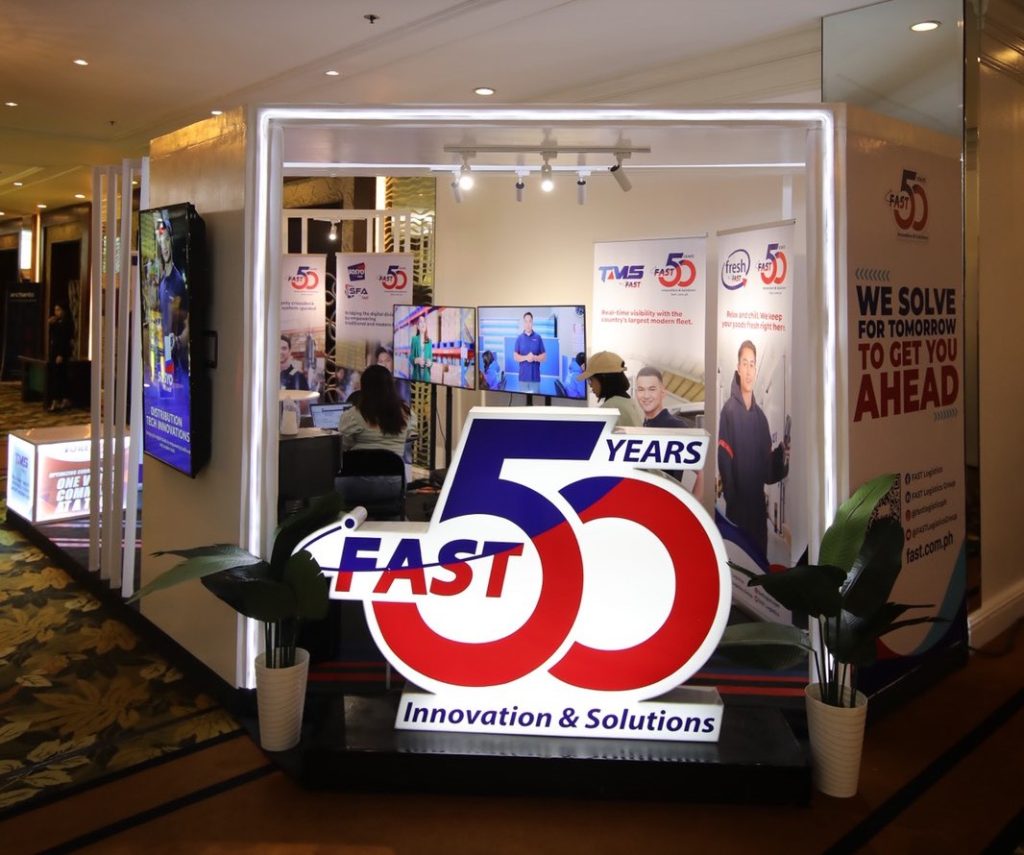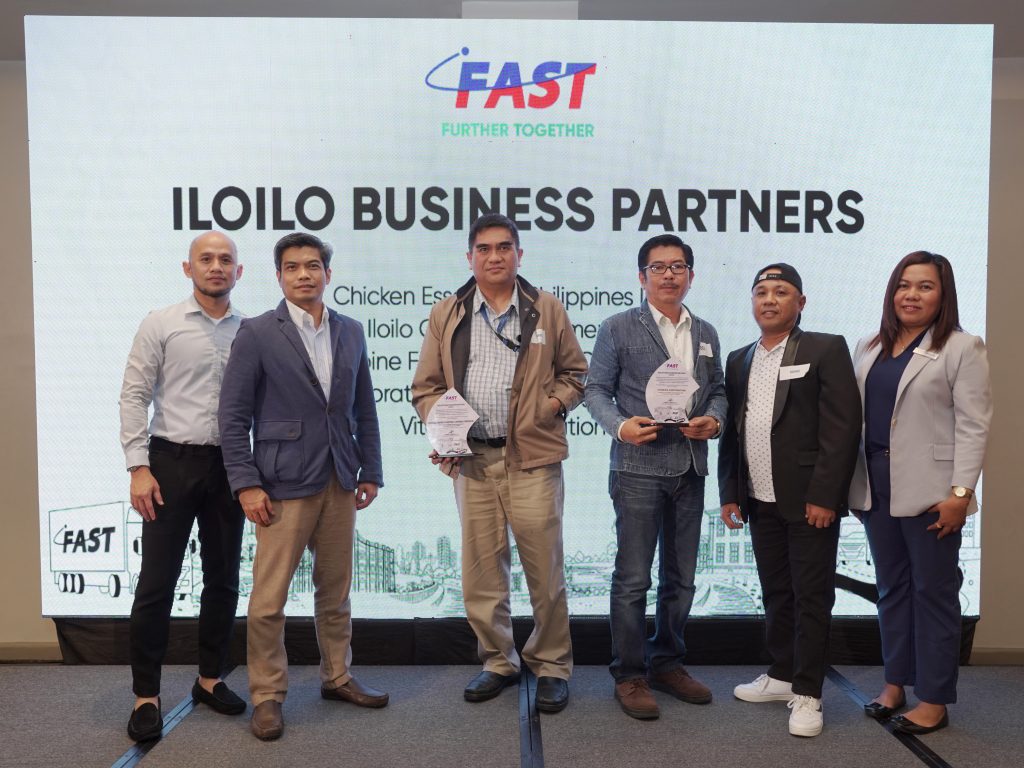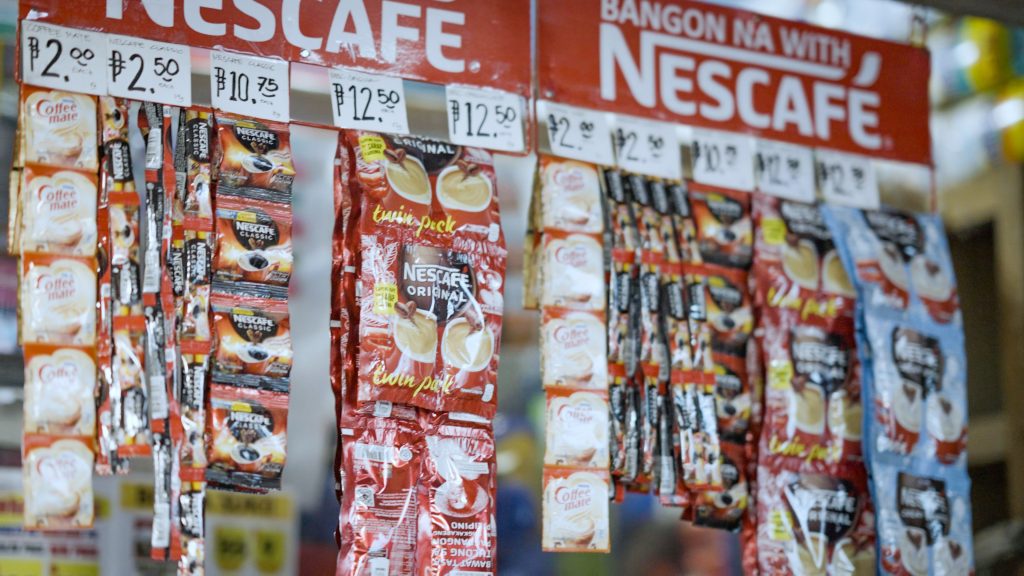
FAST Logistics Group, the Philippines’ leading end-to-end logistics and distribution company, highlights the importance of utilizing various selling methods, leveraging technology, and having a robust distribution network as key business strategies to reach rural markets and increase sales in the provinces.
Expanding market reach in today’s competitive business landscape is not merely optional—it is crucial for both profitability and sustainability. By tapping into new markets, companies can attract more customers and buyers, increase sales, and create opportunities for growth.
Rural communities present a significant opportunity for businesses to broaden their customer base, especially in a country like the Philippines where more than half of the population resides in the provinces. Companies with a thorough understanding of the market’s distinct needs and dynamics can easily craft tailored business strategies that can enhance sales promotion and expansion.
To effectively engage with rural markets in the Philippines, businesses must consider their unique characteristics, consumer behavior, and specific needs, among other factors. While there is no one-size-fits-all approach that guarantees success in rural communities, there are several business strategies that can help companies effectively reach and engage with these areas.
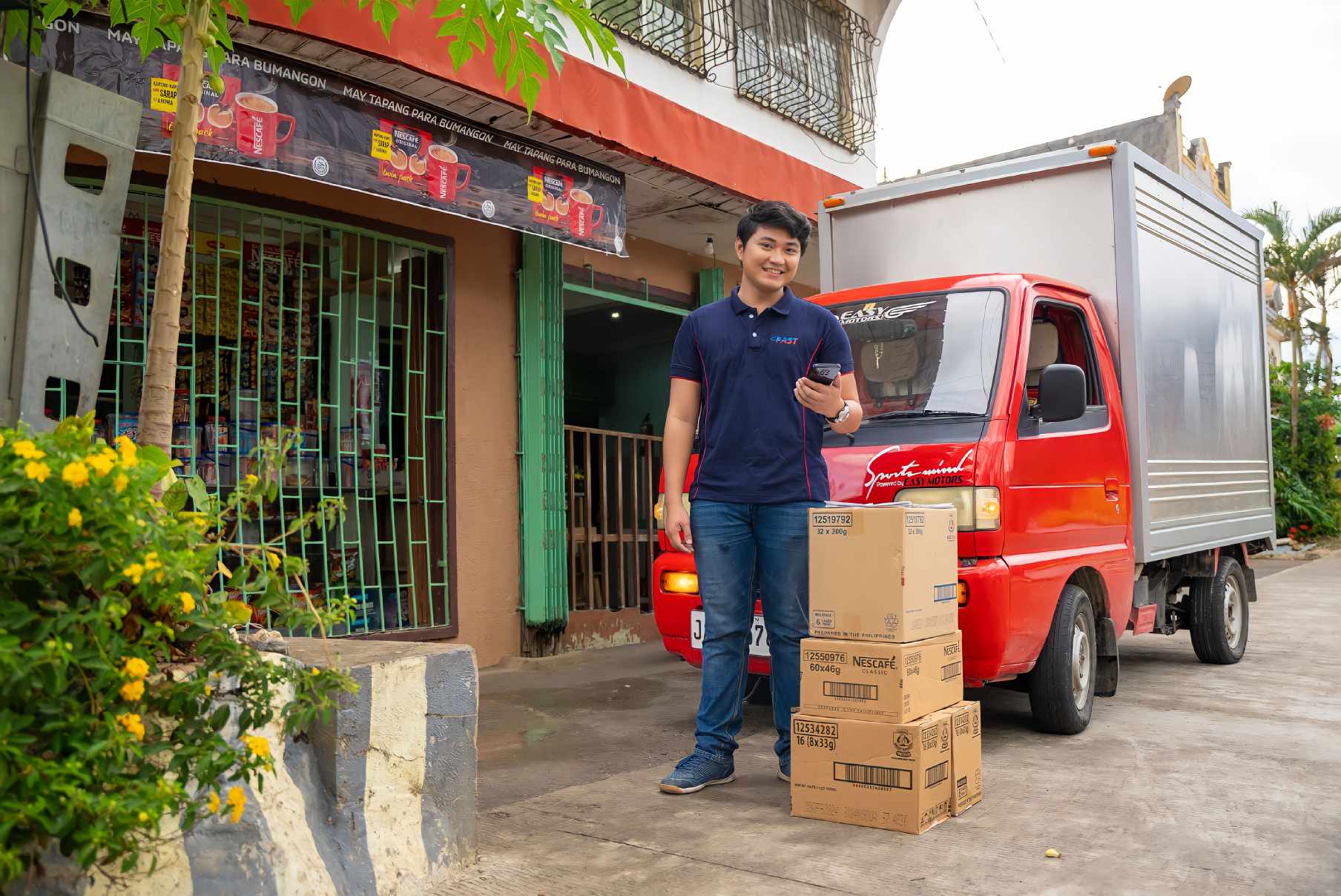
Rural Markets in the Philippines
The rural market holds immense potential with its large population and growing demand for goods and services. It represents a significant opportunity for businesses to expand their reach and tap into new customer bases. Here are some of the things that characterize rural markets in the Philippines.
Economic Development and Purchasing Power
Flourishing economies in Philippine provinces empower residents with more job opportunities and higher income potential. As their standard of living improves, they earn greater purchasing power which they can spend on new product offerings.
With continuous growth and development, rural markets become more attractive for businesses. With the right pricing and marketing strategies, companies can sell their brands to retailers, small businesses, and consumers.
Infrastructure and Access Issues
Despite progress in rural regions, establishing distribution networks remains challenging due to insufficient infrastructure such as roads and bridges. This inadequacy can result in logistical challenges and difficulties in distributing products and services effectively and cost-efficiently.
For businesses, this means longer delivery times and higher transportation and operational costs, which strain resources and affect overall profitability. Additionally, the limited access to rural markets hinders business expansion and reduces potential revenue opportunities.
Dispersed Populations
Rural areas in the Philippines are characterized by dispersed populations, making it more difficult to reach customers compared to urban or suburban areas. The rugged terrain and limited infrastructure in these regions further complicate the tedious delivery processes.
This poses additional challenges for local businesses seeking to expand their reach, as they must navigate these logistical obstacles while also addressing the unique needs and preferences of rural consumers and customers who live far away from each other.
Cultural and Linguistic Diversity
Each province and region has its own unique culture, language, and preferences. A one-size-fits-all distribution and marketing strategy is likely to fail, underscoring the importance for businesses to tailor their approaches to different segments.
Businesses will benefit significantly from partnering with distributors who possess local knowledge and can engage with the unique demographic and cultural nuances of each region. By doing so, they can easily introduce and sell their products within these diverse markets.
FAST operates a comprehensive sales and distribution network that enables the country’s leading brands to reach the farthest areas of the archipelago. It employs local salesmen and drivers who possess deep knowledge of their areas and work tirelessly to ensure timely and efficient distribution of products needed by customers.
Limited Access to Internet and Technology
In contrast to urban markets, where digital marketing flourishes due to widespread internet access and advanced technology, retailers or small-store markets in rural communities require more personal or hybrid selling strategies.
Consumers in rural markets may also not be tech-savvy, which compels businesses to invest in additional fleet and manpower to make their products accessible in these areas. This approach, however, involves higher costs and additional resource allocation.
Brand Loyalty
Consumers in rural areas often maintain a strong loyalty to essential products they currently use, posing a challenge for businesses looking to introduce new brands. This loyalty is frequently rooted in long-standing relationships and a deep sense of trust built over time.
Additionally, limited access to modern conveniences and technology in these regions can hinder the adoption of new product offerings. As a result, businesses must adapt their marketing strategies and distribution methods to penetrate the market.
Seasonal Demand
Consumer spending in rural areas peaks during harvest seasons when farmers and agricultural workers earn money from the sale of their harvest. Conversely, it wanes at other times of the year when income is lower.
Understanding these patterns is crucial for businesses aiming to navigate fluctuations and effectively serve the rural market throughout the year. By recognizing seasonal trends, market demands, and consumer behavior, companies can tailor their strategies to meet the unique needs of rural communities, ensuring sustained growth and customer satisfaction.
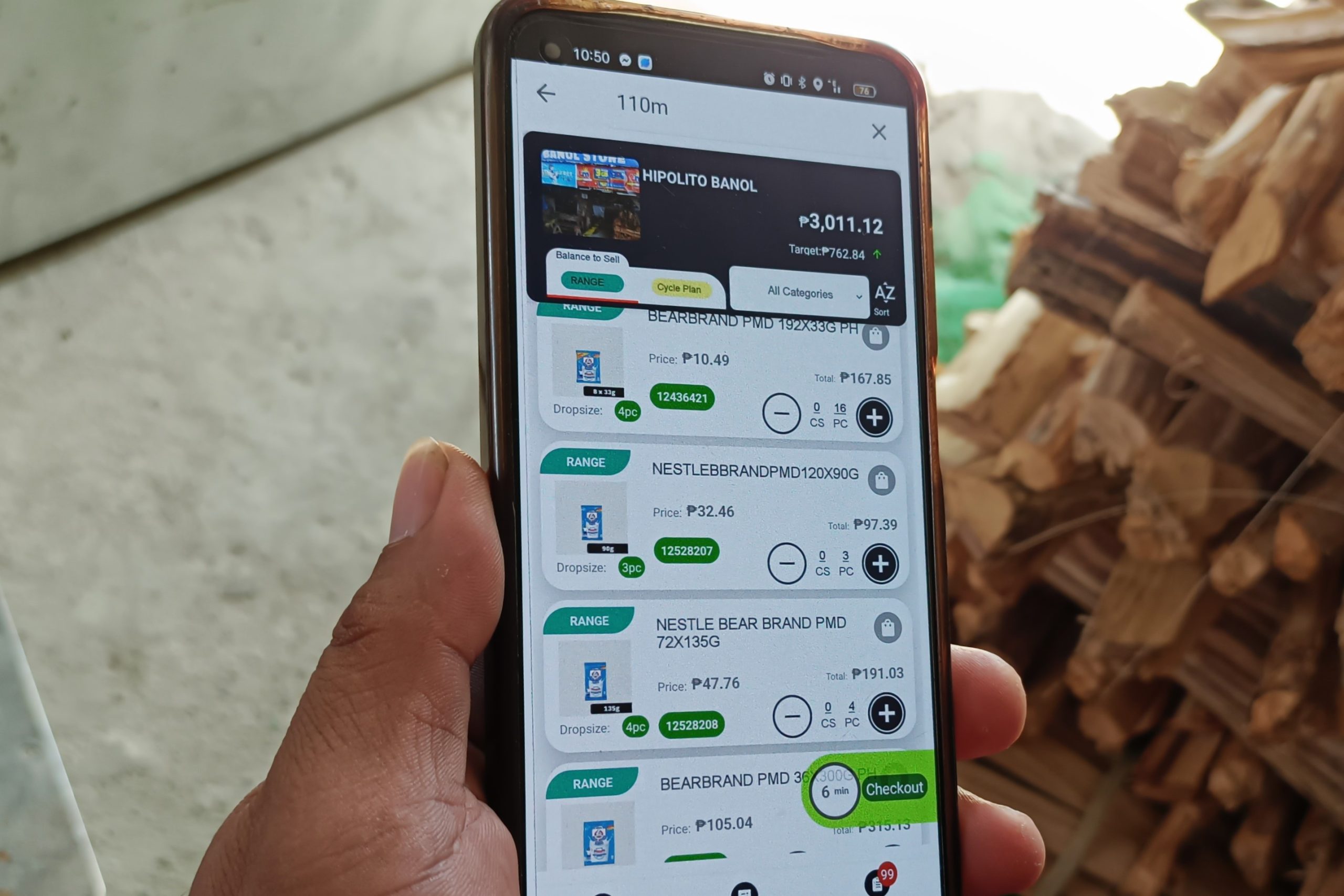
Effective Business Strategies for Rural Markets
Businesses seeking to reach rural markets in the Philippines can implement the following strategies:
Make Products Affordable and Accessible
To attract rural consumers, businesses need to ensure their products are affordable and accessible. Their brands should be readily available in retailers and small-store formats, particularly in rural areas where consumers often buy from stores near them.
Additionally, businesses should tailor the packaging of their products to the preferences of rural customers. For those looking to expand their store operations in these areas, offering smaller, cost-effective packages attract most Filipino customers who prefer items in sachets at low prices.
Multiple Selling and Distribution Methods
Increasing sales in the provinces requires tailored distribution tactics and multiple selling methods. This approach allows businesses to meet the distinct needs and preferences of consumers in different regions. It also enables companies to offer convenience and flexibility to consumers in hard-to-reach areas.
One effective way to reach rural markets is through pre-selling or booking. This strategy involves taking orders from major retailers and customers, then delivering products after a few days. The pre-selling method not only generates big revenue but also helps businesses gauge future demand and inventory needs.
Another effective method is van sales, especially in remote areas with limited orders. This approach involves selling products directly to customers at their homes and stores, allowing immediate payment. This personalized strategy builds trust and enables companies to reach customers through local resellers.
FAST utilizes the Book Today, Deliver Tomorrow distribution strategy, where salesmen prioritize taking orders to boost sales and foster relationships with retailers. The delivery team handles product delivery, payment collection, and cash remittance the next day.
Build Relationships with Retailers
Retailers play a critical role in rural markets, acting as key intermediaries between products and consumers. Building strong relationships with them can significantly enhance market reach and brand visibility. Consider implementing incentive programs such as financial rewards, exclusive deals, and promos to motivate retailers to promote your brand actively.
Developing good relationships with retailers not only fosters loyalty but also ensures a more reliable and efficient distribution network. Investing time and resources into these relationships can lead to sustained growth and a stronger presence in rural communities.
Leverage Technology
Another crucial element in reaching rural markets is leveraging technology. Companies can utilize sales force automation tools which streamline the ordering and selling process, while providing real-time data about transactions and customer information. It can also provide visibility over products, enhancing efficiency and transparency in delivering and selling method.
Collaborate with Local Distributors
Another option for businesses is to collaborate with reliable distributors who possess in-depth knowledge of the market and established relationships within rural communities. Working with reliable distributors empowers businesses to penetrate markets in the provinces. They also simplify the complexities of rural market penetration and provide valuable insights into consumer preferences, cultural nuances, and effective distribution channels.
Ensure that the top buyer or distributor has local knowledge, as familiarity with local market dynamics allows for more efficient navigation of challenges, and offers reliable service, which is crucial for maintaining retailer and customer trust. Trusted distributors also have the necessary workforce and assets such as trucks and vans to sell clients’ products. Capitalizing on the distributor’s capabilities and expertise allows businesses to focus on their core operations.
Business Growth in Rural Markets
Rural markets in the Philippines present both challenges and opportunities. By understanding its characteristics and implementing appropriate business strategies, companies can unlock new revenue streams and establish a strong foothold in these promising communities.
Utilizing diverse selling and promotion methods, leveraging advanced technology, establishing a strong distribution network, and ensuring right pricing strategies to the local context are just some of the essential strategies to ensure products and services reach a wider audience. These strategies not only boost sales but also enhance brand presence and customer loyalty across varied demographics. With the right approach, businesses can achieve long-term success in rural markets.
With over 50 years of industry leadership, FAST is the leading end-to-end logistics and selling and distribution company in the Philippines. Contact our Solutions Expert or visit http://linktr.ee/fastlogisticsph to learn more
Categories
-

FAST Ahead
Includes case studies and testimonials of our partners as well as other featurettes from industry experts
-

FAST Hacks
We simplify logistics terms and provide practical tips and solutions for the DIY in you
-

FAST Highlights
Know more about our history, various brands, achievements, and news updates
-

FAST Moments
Get to know the people of FAST, our employee programs, as well as our various ways of giving back to the community
-

FAST Solutions
Learn more about the various logistics solutions that we cater to and offer our clients, as well as tech innovations, and service facilities
